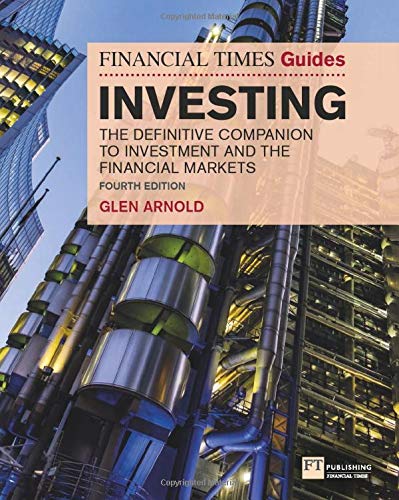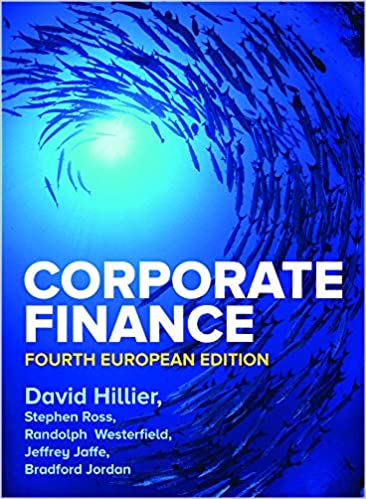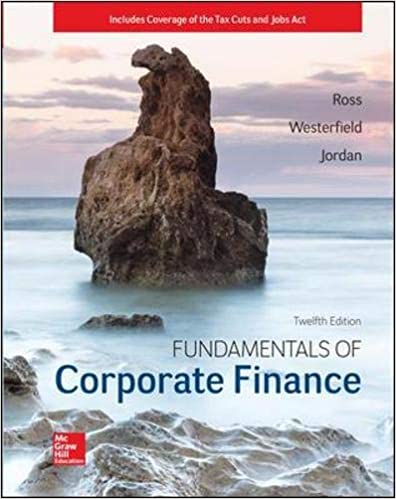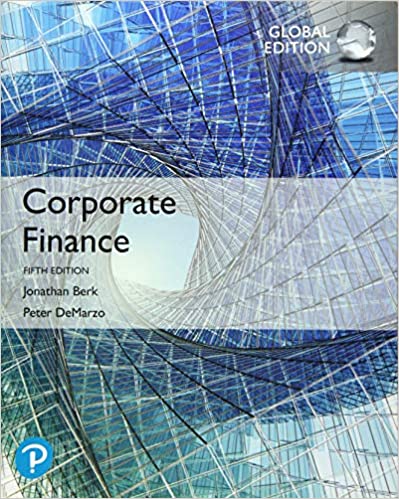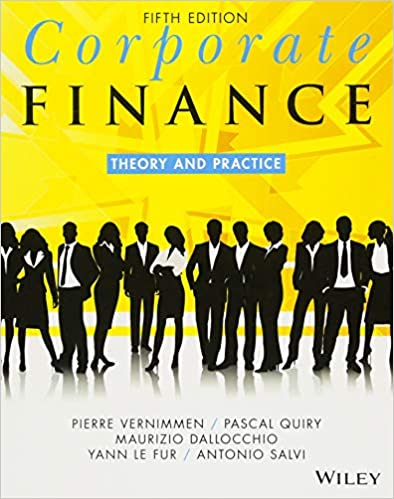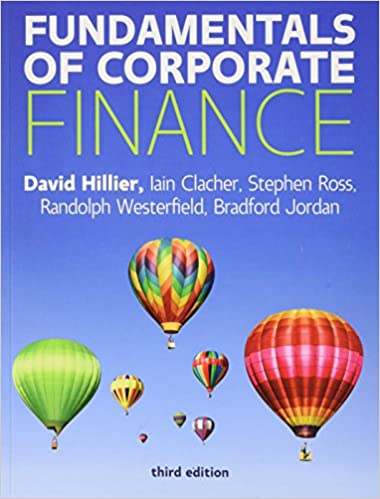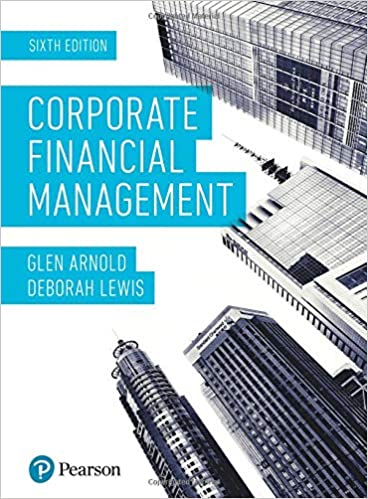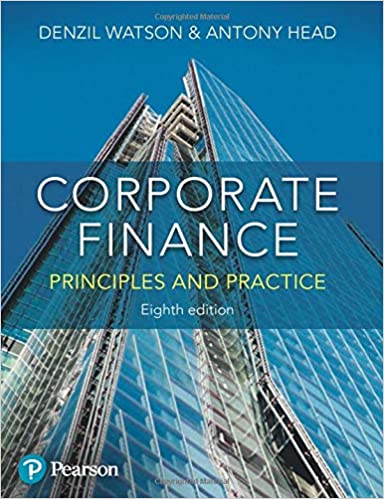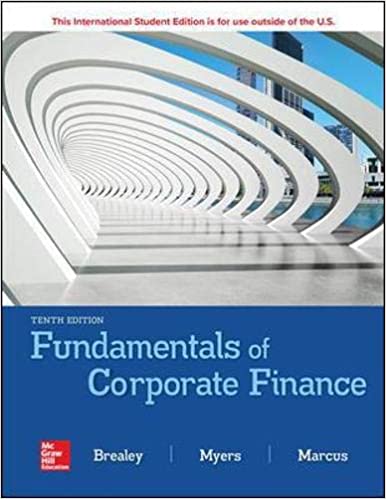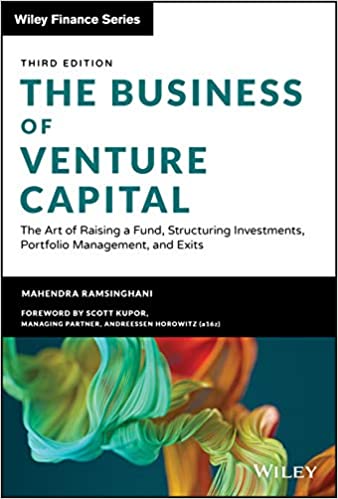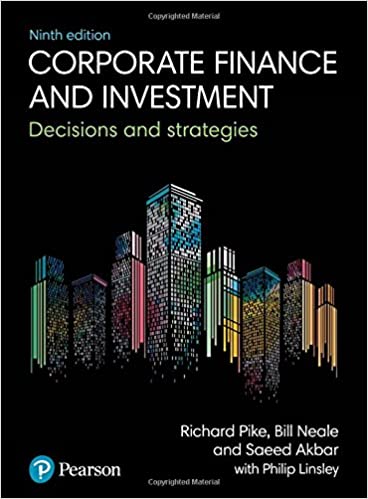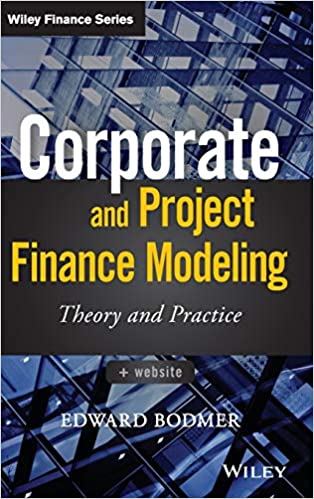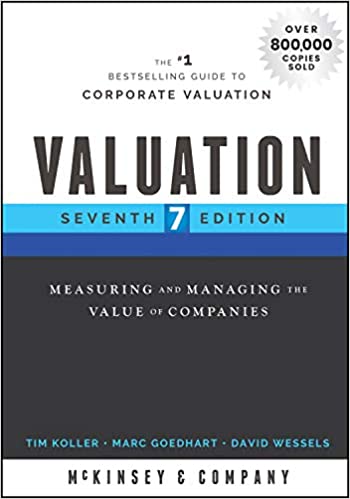Last updated: 20 December 2021. This page features our ranking of the best corporate finance textbooks available to buy. Corporate finance is a fantastic subject to study at University or College. It's extremely relevant to many real-world careers in business and finance.
Which finance industries use corporate finance principles in their day-to-day operations?
Venture capital - Venture capital funds and Venture Capital Trusts (VCTs). Read more: Best venture capital books.
Mergers and acquisitions - M&A advisors and in-house transaction support teams live and breath corporate finance as they analyse deals, value companies and design capital structures. Read more: Best mergers and acquisitions books.
Private Equity - Private equity teams are experts in business analysis, business turnaround and fund-raising. A successful investment requires a successful exit, so PE houses need to be great at selling their business (whether through a private sale or IPO) to see a return on their invested capital. Read more: Best private equity books.
And that's just the start. Investing banking books and valuation and due diligence books are also tightly interconnected with corporate finance theory.
These corporate finance textbooks are for beginners and intermediate learners
All books featured are aimed at students of corporate finance and therefore don't assume much prior knowledge. With prices ranging from £20 - £70, stocking up on a few of the best corporate finance textbooks can deliver the same value as an expensive seminar for only a fraction of the cost. They can even be read for free with Amazon's Kindle Unlimited free trial.
Click on any title below to see the latest price from Amazon, you'll be shocked at how affordable the most popular titles are. As an Amazon Associate, I earn a small commission from qualifying purchases which helps to support this site. This does not impact how I compile the list. Happy reading!
Discover prime books on investing and finance
No boundaries, just your curiosity- Invest with confidence
- Finance industries
- Real estate & real assets
- Exotic investments
- The bigger picture
Books reviewed
Financial Expert 2024 Book Awards
Gold Prize
Financial Times Guides: Investing by Glen Arnold
The best corporate finance textbooks
Hit the ground running with the best guides to introduce corporate finance.Financial Expert tip: The recent editions of these corporate finance textbooks books are in high demand! They can recoup up to 80% of their cover price when sold in good used condition.
Therefore if you plan to eventually sell back a physical copy, your net cost could be as low as 20% of the cover price.
Click on the covers below to look at the used prices of these titles on Amazon to understand what cash back you could expect.
Download all these corporate finance textbooks for free with Kindle Unlimited
You DON'T even need a Kindle device to download booksHere's a useful tip that will save you £100+ on corporate finance. Sign-up to Amazon's Kindle Unlimited free trial, which offers access to all titles for free for 30 days.
- There's no obligation to continue with a paid subscription.
- You don't even need a Kindle to enjoy - any device will do.
If you're cost-savvy, you'll already be calculating the savings you could unlock and the knowledge you could gain by downloading 5 books over the next 30 days.
My Top 5 Corporate Finance Textbooks for 2022
Click covers to see latest reviews and prices1. Fundamentals of Corporate Finance - Ross, Westerfield, Jordan
Financial Expert Rating:
Synopsis:
"The best-selling Fundamentals of Corporate Finance (FCF) has three basic themes that are the central focus of the book:
1) An emphasis on intuition―the authors separate and explain the principles at work on a common sense, intuitive level before launching into any specifics.
2) A unified valuation approach―net present value (NPV) is treated as the basic concept underlying corporate finance.
3) A managerial focus―the authors emphasize the role of the financial manager as decision maker, and they stress the need for managerial input and judgment."
Who this book is for:
The Twelfth Edition continues the tradition of excellence that has earned Fundamentals of Corporate Finance its status as market leader.
McGraw-Hill’s adaptive learning component, LearnSmart, provides assignable modules that help students master chapter core concepts and come to class more prepared. In addition, resources within Connect help students solve financial problems and apply what they’ve learned.
Ross Fundamentals’ intuitive approach, managerial focus, and strong end-of-chapter content combine with a complete digital solution to help your students achieve higher outcomes in the course.
Financial Expert Rating:
Synopsis:
"The fourth edition of Corporate Finance takes an applied approach to cover all the latest research and topic areas important to students taking Finance courses.
The new edition provides an international perspective on all areas of corporate finance and has been updated to include discussion on current trends such as the rise of populism and trade barriers on international finance, the advent of Financial Technology, and key regulatory changes impacting the sector."
Who this book is for:
Students can gain easy online access to homework, tests and quizzes with immediate feedback on your progress as well as access to practice materials.
Financial Expert Rating:
Synopsis:
"Brealey, Fundamentals of Corporate Finance, 10e, is an introduction to corporate finance and focuses on how companies invest in real assets, how they raise the money to pay for the investments, and how those assets ultimately affect the value of the firm. It also provides a broad overview of the financial landscape. "
Who this book is for:
Financial Expert Rating:
Synopsis:
"McKinsey & Company's #1 best-selling guide to corporate valuation—the fully updated seventh edition
Valuation has been the foremost resource for measuring company value for nearly three decades. Now in its seventh edition, this acclaimed volume continues to help financial professionals around the world gain a deep understanding of valuation and help their companies create, manage, and maximize economic value for their shareholders."
Who this book is for:
For over 90 years, McKinsey & Company has helped corporations and organizations make substantial and lasting improvements in their performance.
Through seven editions and 30 years, Valuation: Measuring and Managing the Value of Companies, has served as the definitive reference for finance professionals, including investment bankers, financial analysts, CFOs and corporate managers, venture capitalists, and students and instructors in all areas of finance.
Financial Expert Rating:
Synopsis:
"Using the valuation framework based on the Law of One Price, top researchers Jonathan Berk and Peter DeMarzo have set the new canon for corporate finance textbooks.
Corporate Finance, 5th Edition blends coverage of time-tested principles and the latest advancements with the practical perspective of the financial manager.
Students have the opportunity to “practice finance to learn finance” by solving quantitative business problems like those faced by today’s professionals. With built-in resources to help students master the core concepts, students develop the tools they need to make sound financial decisions in their careers."
Who this book is for:
Corporate Finance by Berk & Demarzo is primarily aimed at MBA/graduate students taking a course in corporate finance.
Selecting the best UK corporate finance textbooks for beginners

"When money realizes that it is in good hands, it wants to stay and multiply in those hands."
Corporate finance textbooks sound like a collection of general ideas and concepts. They're actually much more structured than this.
Corporate finance is, as the name suggests, about the flow of capital between parties.
Finance, in this context, doesn't merely mean loans or bonds, but also equity and other financing alternatives.
Corporate finance is devoted to the study of the risk, returns and behaviour of these financing options. Examples of topics regularly featured in the best corporate finance textbooks include:
The time value of money and Net Present Value (NPV)
The time value of money is a universal concept which weaves its thread into virtually all valuation models. NPV is an example of one such model.
Starting with a forecasted series of cash in and outflows, occuring either now or in the future, we will discount the value of cash flows more substantially when we seek to value them in the present.
In short, the promise of a £1 in one years time is worth less than the promise of £1 tomorrow. The NPV calculation allows an investor to compare the present value of a series of cash flows, to other investment opportunities.
The cost of capital
Businesses and investments are often made or broken by their cost of capital. The cost of capital means the % return that a business needs to offer investors or lenders to attract them to provide finance.
Some businesses, such as Apple or Disney, can issue corporate bonds and pay as little as 2% interest annually on that debt. Whereas other companies suffering from financial distress may be asked to pay 30% interest annually on any new borrowings.
The stark difference in the affordability of financing has a dramatic impact on which projects and investments receive capital, and which fail to raise sufficient funds.
The top corporate finance textbooks will offer multiple theories on what drives the cost of capital for a business or project. (Read more: The best project finance books).
Portfolio management
Corporate finance textbooks can also offer insights to individual investors, particularly in the study of portfolio management. (Read more: The best portfolio management books).
Using simple maths, corporate finance theories can explain how to maximise the return on an investment portfolio for the same amount of risk. Or vice versa, find the lowest risk group of investments that produces the same return.
These theories underpin why hedge funds and other wealth management businesses diversify, and how they choose the right asset classes when they do so.
The human side of finance
Corporate finance theories don't exist in a vaccum, and so neither do corporate finance books.
Corporate finance is used on a daily basis by practitioners such as fund managers, financial controllers, venture capital partners and financial market regulators.
Corporate finance textbooks like to explain the roles of financial managers and explain how these theories are applied in practice. They will expand upon those situations where a financial manager actually has a conflict of interest with their ultimate boss - their shareholders.
This is known as agency theory and is a particularly interesting twist on corporate finance due to the introduction of behavioural studies. You can also observe many of the agency problems outlined in a corporate textbook in real life too. One doesn't normally have to look much further than the financial pages!
(Read more: The best books about finance for non-financial managers.)
Explore the best books in more genres
General personal finance
Trading the financial markets



